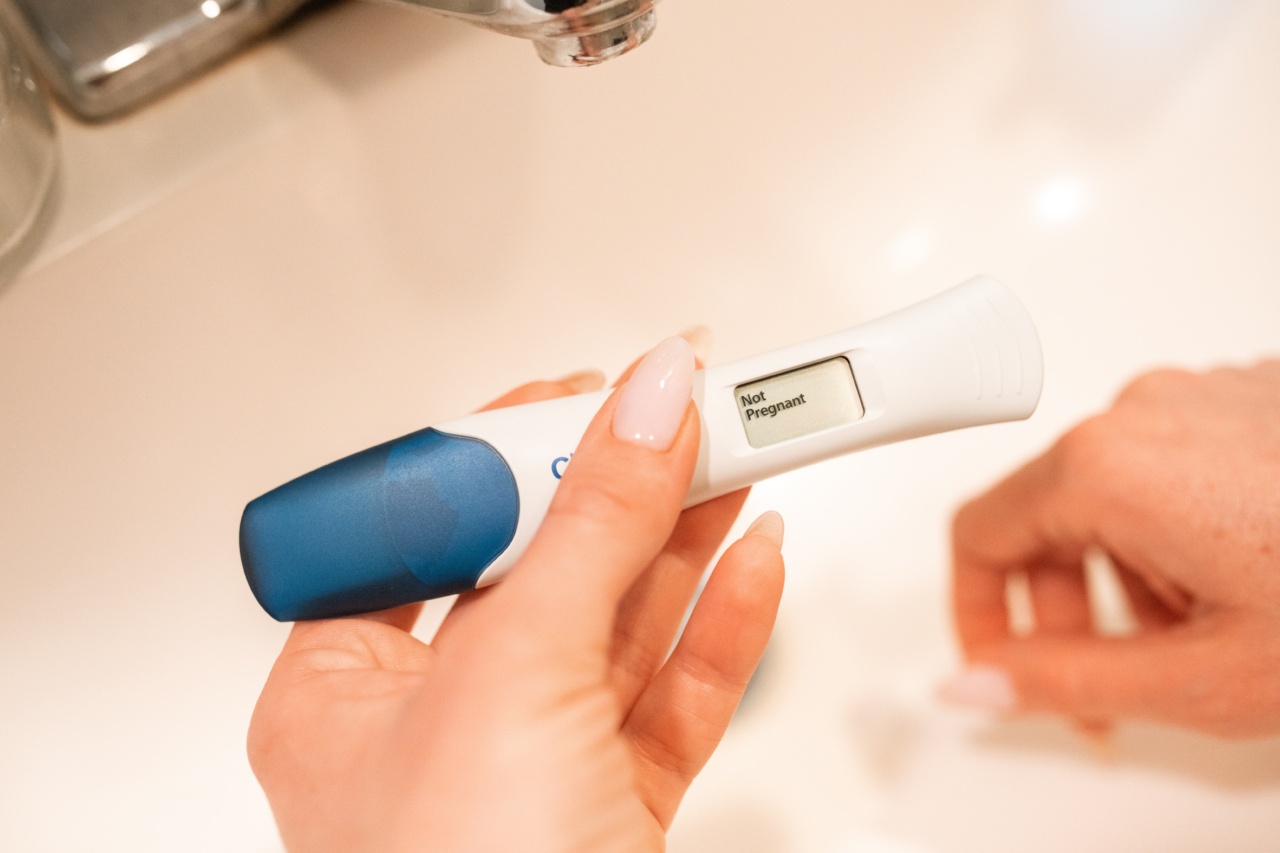High blood pressure, also known as hypertension, is a common health condition that affects millions of people worldwide.
It is characterized by an increased force of blood against the walls of the arteries, which can lead to various health problems, including heart disease, stroke, and kidney damage. However, recent research has also suggested a correlation between high blood pressure and dementia, a group of brain disorders that affect memory, thinking, behavior, and the ability to perform everyday tasks.
There is growing evidence to support the idea that high blood pressure in midlife may increase the risk of developing dementia later in life.
A study published in the Journal of the American Medical Association found that individuals with high blood pressure in their 40s had an increased risk of dementia in their 70s. This finding highlights the importance of managing blood pressure levels early on to potentially reduce the risk of cognitive decline.
How Does High Blood Pressure Contribute to Dementia?
The precise mechanisms by which high blood pressure contributes to the development of dementia are not fully understood. However, researchers have identified several potential factors that may be at play:.
1. Reduced Blood Flow to the Brain
High blood pressure can damage the blood vessels in the brain, leading to reduced blood flow. This diminished blood flow deprives the brain cells of oxygen and nutrients, causing them to function improperly or die.
Over time, this can result in cognitive decline and the development of dementia.
2. Increased Risk of Stroke
High blood pressure is a major risk factor for stroke, which occurs when the blood supply to a part of the brain is disrupted.
Strokes can cause permanent damage to brain tissue and increase the likelihood of developing vascular dementia, a type of dementia caused by reduced blood flow to the brain.
3. Formation of Brain Lesions
Chronic high blood pressure can lead to the formation of small lesions in the white matter of the brain. These lesions are known as white matter hyperintensities and are commonly observed in individuals with dementia.
The presence of these lesions is associated with cognitive impairment and an increased risk of progressing to dementia.
4. Impact on Amyloid-Beta Accumulation
Amyloid-beta plaques are sticky clumps of protein that accumulate in the brains of individuals with Alzheimer’s disease, the most common form of dementia.
Research suggests that high blood pressure may influence the accumulation of these plaques, potentially promoting the development of Alzheimer’s disease and related dementias.
Managing Blood Pressure for Brain Health
Given the potential link between high blood pressure and dementia, it is crucial to manage blood pressure levels to promote brain health. Here are some strategies that can help:.
1. Regular Blood Pressure Monitoring
It is important to have your blood pressure checked regularly, especially as you age. This allows you to identify any abnormalities early on and take appropriate measures to control your blood pressure levels.
2. Adopt a Healthy Lifestyle
Eating a balanced diet rich in fruits, vegetables, whole grains, and lean proteins can help maintain a healthy blood pressure.
Additionally, reducing the consumption of sodium, saturated fats, and processed foods can have a positive impact on blood pressure levels. Regular exercise, avoiding tobacco use, and limiting alcohol consumption also contribute to a healthy lifestyle and lower blood pressure.
3. Medication, if Necessary
In some cases, lifestyle modifications alone may not be sufficient to manage high blood pressure. Your doctor may prescribe medication to help control your blood pressure and reduce the risk of complications, including dementia.
It is important to take prescribed medications as directed and attend regular follow-up appointments to monitor your blood pressure.
Conclusion
The correlation between blood pressure and dementia highlights the importance of managing blood pressure levels for brain health.
High blood pressure can contribute to reduced blood flow to the brain, increase the risk of stroke, lead to the formation of brain lesions, and impact the accumulation of amyloid-beta plaques. By monitoring blood pressure, adopting a healthy lifestyle, and seeking medical intervention when necessary, individuals can potentially reduce the risk of developing dementia later in life.





























